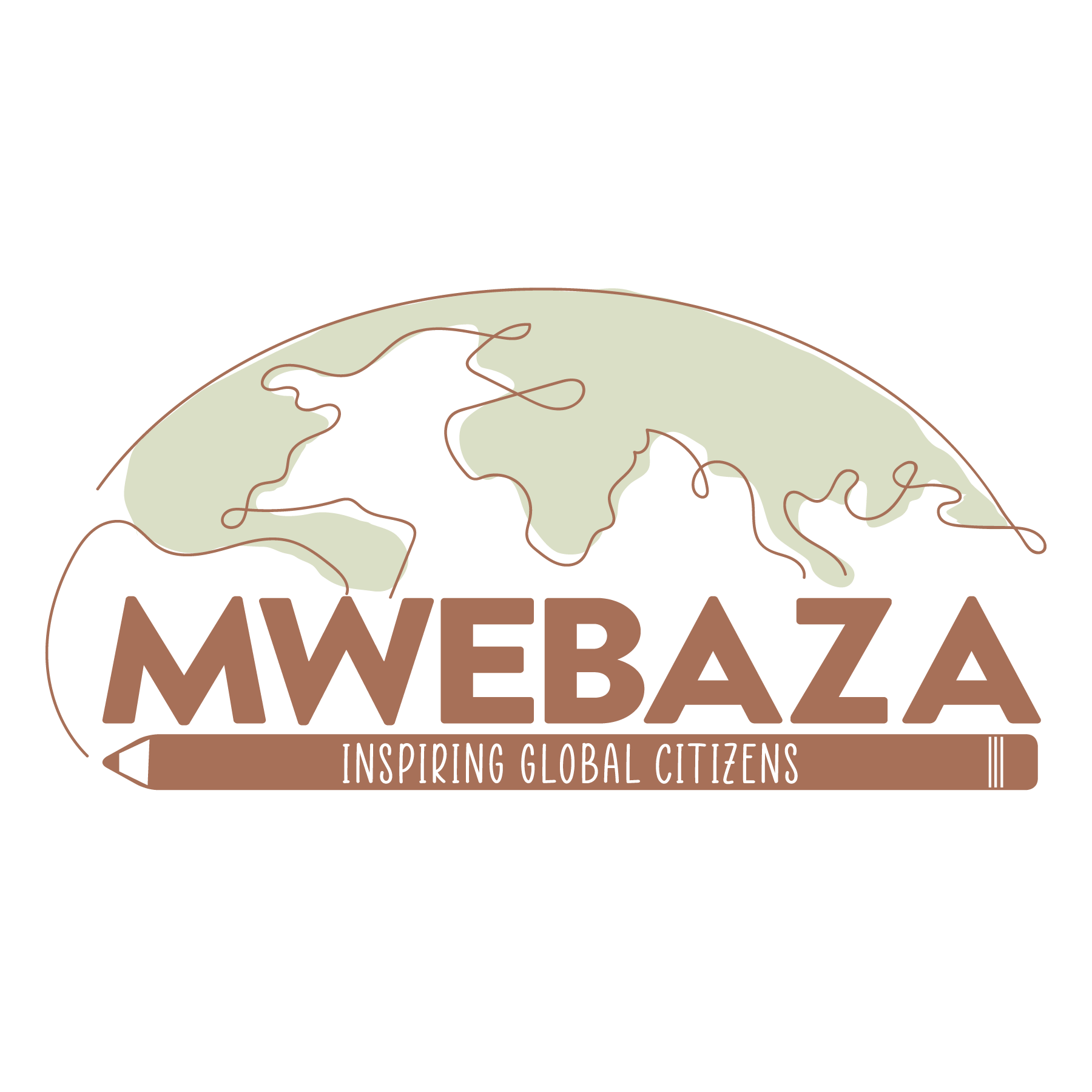Our approach to inspiring global citizens.
Our cross-cultural activities programs have connected thousands of students to share and appreciate each other’s cultures, explore traditional knowledge, and learn from different ways of life.
With teachers and students, we explore global issues and their impacts through local and international lenses. With this foundational knowledge, students apply their learning in the world, get involved in their communities, and realize they have the knowledge and power to be change-makers.
-
As we’ve grown, we’ve refined our cross-cultural activities to complement the skills students acquire as they move through grade levels. Now, through these cultural exchange activities, students explore who they are, celebrate cultures, and discover solutions to global issues.
Thousands of students in Colorado and Uganda participate in cross-cultural education activities each year. Partner schools will swap art projects and mixed-media creations related to these grade-appropriate lessons in order to share more about themselves, their families, and their communities.
-
We host a “Mwebaza Day” every year at each of our partner schools, where students connect through video, perform dances, sing songs, ask questions, and toast to friendships across the ocean.
-
Each Colorado partner school runs its own “Mwebaza Club”. Students learn about Ugandan culture through hands-on activities like cooking traditional recipes, creating artwork, and participating in video exchanges with their partner schools. Students take on leadership roles by setting goals, expectations, and values for the club. They also plan fundraisers, host cultural events, and serve as school ambassadors who share what they’ve learned through the club.
No two clubs look alike and each school is encouraged to host their club in the way that works best for its students.
Some clubs chose to participate in a shared learning activity where students on both sides of the partnership learned about energy issues in their home countries and their friends’ countries, and then looked at innovative ways to implement clean energy. Students created "solar ovens" from pizza boxes that harnessed the sun’s energy to cook s’mores.
-
Each year, we host the “Change-Makers Challenge” that invites our middle school students in Uganda and Colorado to implement creative solutions to solve real-world issues they are facing in their communities. Through these dynamic, global studies projects, students learn how to advocate for change in their communities.
Cross-Cultural Curriculum in the Classroom
These learning activities are based on an Indigenous Aztec framework of learning and are taught at our partner schools in Uganda and Colorado. The goals of these activities focus on sharing and understanding the differences and similarities between students, families, and cultures in both places. The projects lead to understanding the importance of community, global awareness, and action.
Pre-K & Kindergarten
Starting with the youngest children, students learn to understand simple attributes about themselves and who they are to discover their own person.
First & Second Grade
First and Second-grade topics cover understanding the importance of belonging and connectedness within families, schools, communities, and other places students spend time.
Third - Fifth Grade
Third-grade students use art and writing to show and explain attributes of who they are. This activity helps students to understand the importance of where people come from and how specific life events shape who they are. Fourth-grade students begin to learn how they can look at their communities, country, and world to understand and recognize the need for change and how they can make a difference. Students in fifth grade engage in self-reflection to express how they have connected to their families, schools, and communities and see the growth they have made through the years.
Middle School
Middle school students have the opportunity to complete our “upper primary” lessons that are used in Uganda which focus on life transitions from childhood to adulthood and intentional forward-thinking processes.

